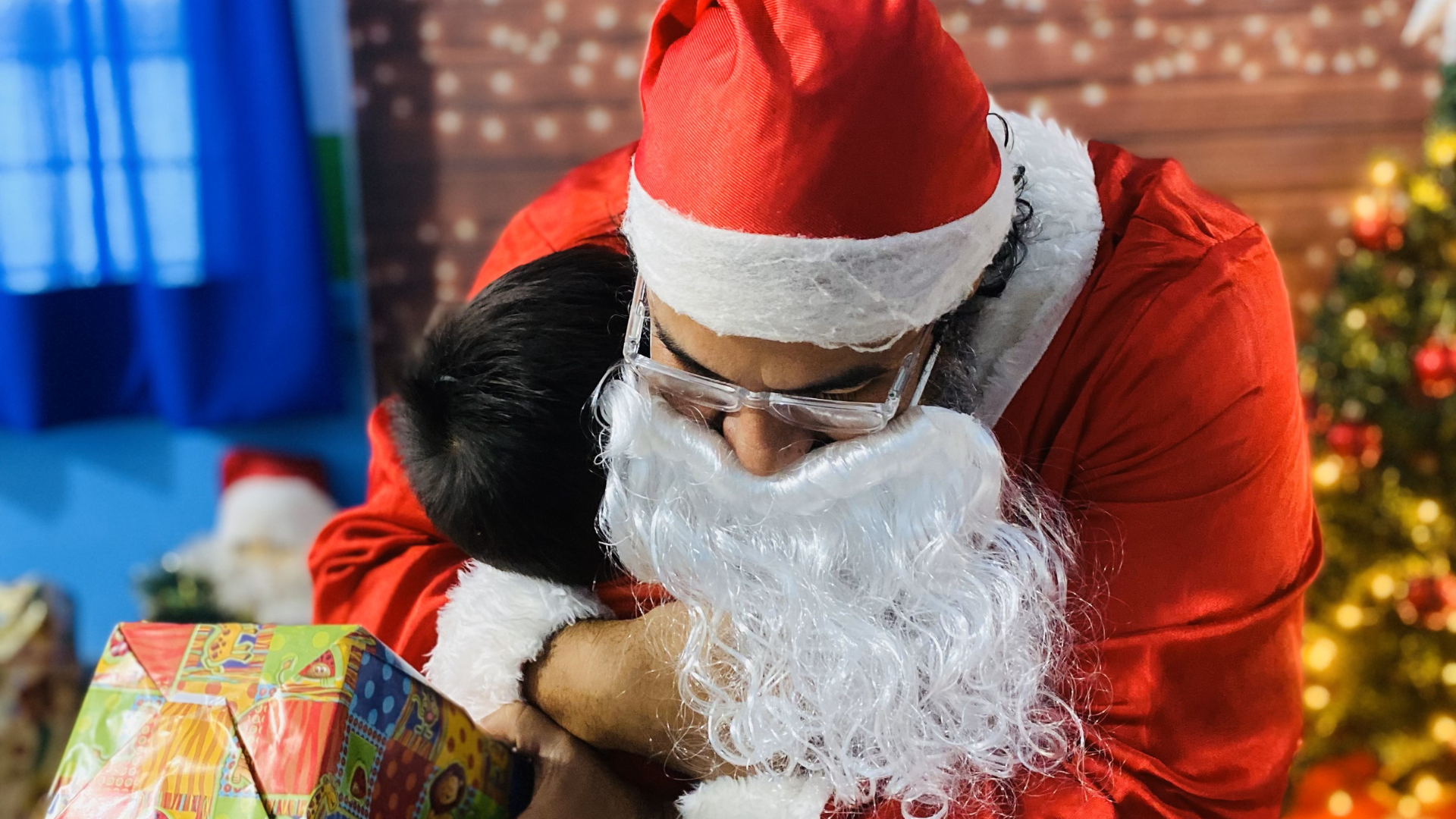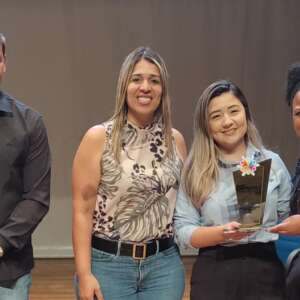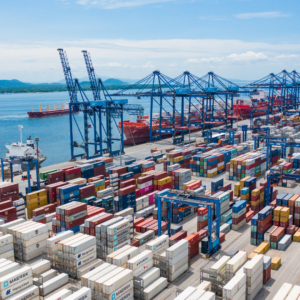The event benefited children and the elderly in Paranaguá, as well as members and partners of the Troca Solidária program.
This December, the company that manages the Paranaguá Container Terminal (TCP) held several charity events as part of its Solidarity Christmas project. In 2023, the institutions benefited were the Agadil Cabral Municipal Children’s Education Center (CMEI), the Perseverança Home for the Elderly, and the Nova Esperança Recyclers Association, which had an impact on more than 250 families in Paranaguá.
“TCP works every day to give back to the citizens of Paranaguá, whether through institutional projects such as Troca Solidária, or through actions such as Natal Solidário, which this year serves the Perseverança Home for the Elderly, bringing our respect and solidarity to these people, who have already left their legacy to the city,” says institutional superintendent Allan Chiang.
This year, the Perseverança Home for the Elderly, which cares for 66 elderly people, had a commemorative coffee and received a donation of 50 food kits containing basic items typical of Christmas celebrations. Fifty hygiene kits were also sent, with items such as shampoo, conditioner, toothpaste and soap.
The 70 children cared for by CMEI Agadil Cabral received 75 toys, donated by the terminal’s employees, who adopted the students’ Christmas cards. The initiative also raised R$1,580.00, which was converted into two coffees for the morning and afternoon students.
The more than 100 families served by the Troca Solidária program, run and developed by TCP in partnership with the environmental consultancy firm Acquaplan, received 540 panettone and chocotones. 25 basic food baskets were donated to the Nova Esperança Recyclers’ Association, made up of 25 members who are responsible for recycling the material collected by Troca Solidária.
Troca Solidária: promoting environmental awareness for 8 years
In operation since 2015, the Troca Solidária program works to raise awareness among island communities in the Paranaguá region about the practice of separating solid recyclable waste, reducing environmental pollution and ensuring a new source of income for families.
The recycled material is weighed and converted into social money, used to buy food and basic necessities, which are sold at up to 40% below the regular market value. Since the program began, several families have benefited from the project.



